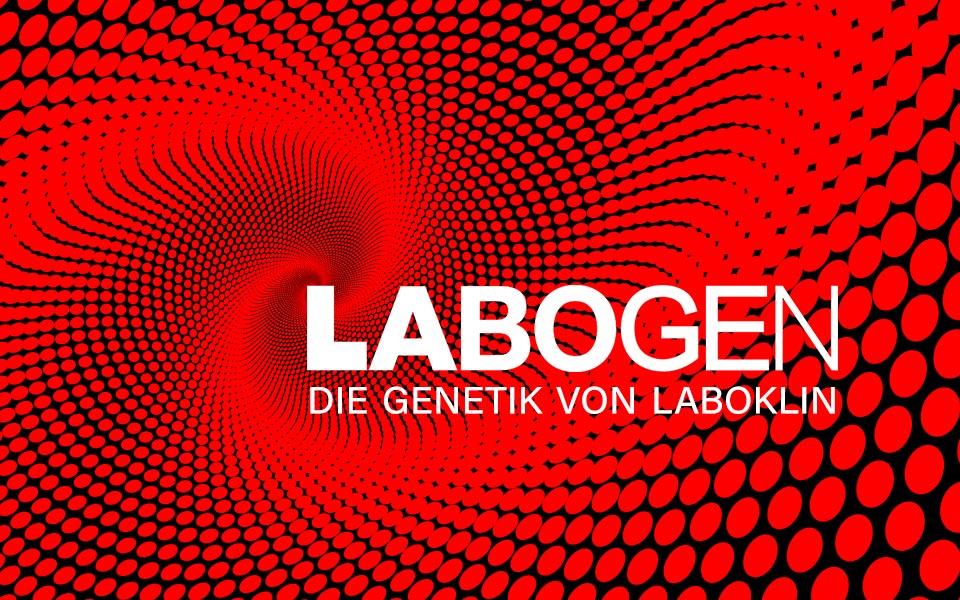Acrodermatitis enteropathica (AE)
Acrodermatitis enteropathica (AE)
General description
Affected kittens develop normal until 6 weeks of age. At the age of 6-8 weeks, they show growth retardation and diarrhea. Moreover, they suffer from severe and rapidly progressing dermatological signs like scaling, alopecia, moist dermatitis as well as severe erosions and lesions with ventral and distal distribution. Massive secondary infections can be found due to the skin lesions.
Breeds
Türkisch Van
Order details
| Test number | 8763 |
| Abbreviation | AE |
| Sample material | 0.5 ml EDTA blood, 2x cheek swab, 1x special swab (eNAT) |
| Test duration | 7-14 working days |
Test specifications
| Symptom complex | dermatologic |
| Inheritance | autosomal recessive |
| Age of onset | 6-8 weeks |
| Causality | causally |
| Gene | SLC39A4 |
| Mutation | C-G |
| Literature | OMIA:000593-9685 |
Detailed description
In the breed Turkish Van, a variant of the SLC39A4 gene has been found to cause Acrodermatitis enteropathica. The SLC39A4 gene encodes for an intestinal zinc transporter, a loss of function of this transporter leads to systemic zinc deficiency. Zinc ions play an essential part in many biological processes, especially as enzymatic co-factors. Affected kittens develop normal until 6 weeks of age. At the age of 6-8 weeks, they show growth retardation and diarrhea. Moreover, they suffer from severe and rapidly progressing dermatological signs like scaling, alopecia, moist dermatitis as well as severe erosions and lesions with ventral and distal distribution. Massive secondary infections can be found due to the skin lesions. Affected kittens can be treated with oral supplementation of large doses of zinc, because there is another intestinal zinc transport pathway that enables the treatment of the deficiency.



